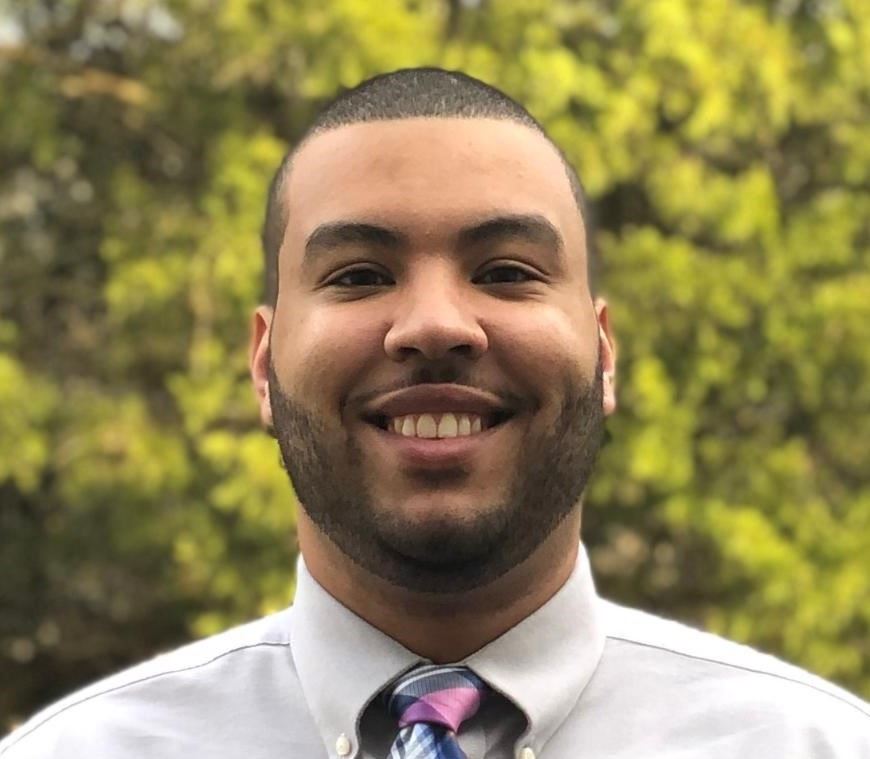Knoxville Area Psychological Association
|
- Home
- News & Resources
- Member Spotlight - Oliver
Member SPOTLIGHT
Michael D. Oliver, Ph.D.
Dr. Oliver is an Experimental Biological Health Psychologist who earned his Ph.D. from the University of Tennessee in 2018. As a graduate student, his work focused on establishing a link between wellness and the peripheral nervous system in healthy adults via explorations into heart rate variability and other biomarkers of health including cortisol, alpha-amylase, and skin conductance/galvanic skin response. Dr. Oliver’s long-term research interests involve developing a greater understanding of the relationships between wellness, cognition, and physiology. Specifically, he aims to explore the links between the nervous system (i.e., central and peripheral) with quality of life and cognitive performance. In his current position as Postdoctoral Fellow at The Pat Summitt Clinic Cognitive Neurophysiology Lab, his research has been focused on differentiating between cognitive decline as a result of aging and decline secondary to neurodegeneration. In this work, Dr. Oliver uses neurophysiological measures (i.e., ERP) and neuropsychological assessments to explore both cognitive and visuo-spatial impairments in clinically cognitively impaired populations (i.e., Alzheimer’s Disease). Michael D. Oliver, Ph.D. Postdoctoral Fellow The Pat Summitt Clinic Cognitive Neurophysiology Lab Department of Neurology, College of Medicine University of Tennessee Health Science Center |
Nine Questions:
1. What was your first real job?:
My current position, a Postdoctoral fellow at our cognitive neurophysiology lab.
2. What has been your favorite book and why?:
Mindset: The New Psychology of Success by Carol S. Dweck. This motivational book discusses the differences in individual mindsets and how one’s mindset can have a substantial impact on success and personal growth. It is relatable to a wide variety of audiences and makes you think about your own life and what you can do better to employ a “growth mindset” to learn from you past and grow to be more successful.
3. How do you describe your sense of humor?:
Affiliative. I tend to try to joke with others to lighten the mood or establish a stronger relationship.
4. What's your current focus in your work?:
Currently, my work focuses on investigating potential biomarkers to differentiate between cognitive decline occurring as a result of the normal aging process and decline secondary to neurodegeneration.
5. What kind of patient would you like to see more?:
Patients with cognitive impairment secondary to neurodegeneration (i.e., Alzheimer’s Disease), as well as cognitively normal elderly individuals that could serve as controls for our research studies.
6. What would you like KAPA to provide in the future?:
Networking opportunities.
7. What guilty pleasure can you not live without?:
Cookies.
8. Name two people who have inspired you?:
1. My little brother Jordan. He inspires me to give my all in everything that I do so I can make him proud and also provide him with a positive role model, outside of our parents, to let him know that he can achieve anything he puts his mind to.
2. My former graduate mentor, Dr. Debora Baldwin. She laid the foundation for my academic and research career by providing the support and encouragement to succeed. Dr. B is very passionate and helpful to others not only in the workplace, but in the community. Her kind heart inspires me to want to give back to students and provide them with the mentorship that can aid in their growth into aspiring professionals.
9. What’s one thing - either psychology related or not - you learned in the last month?:
I have learned that the small pocket in jeans was originally designed to be a pocket watch pocket.

